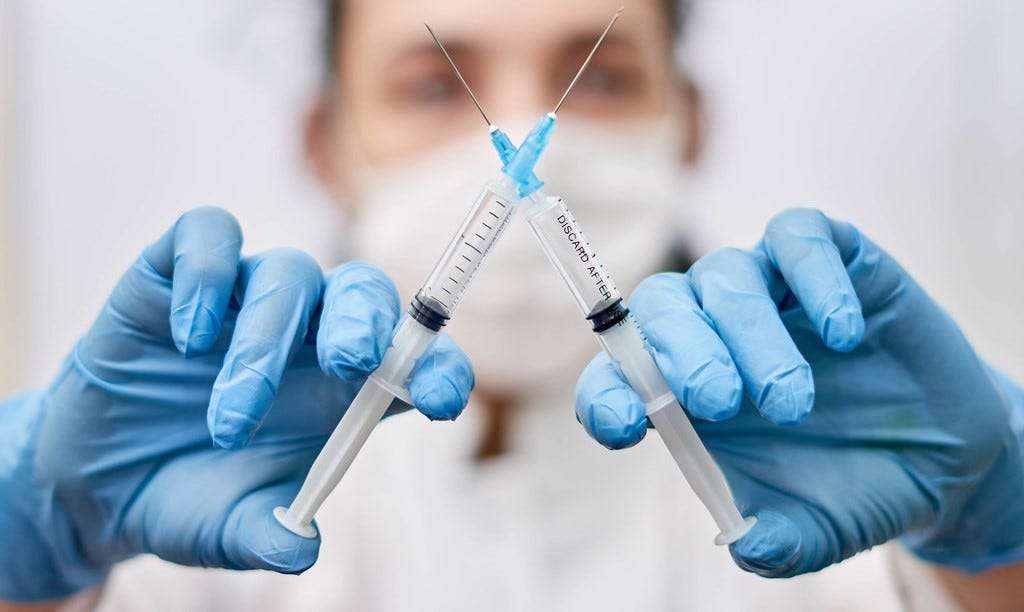The FTC Wants Your Information On 'Trans' Medical Fraud. All Of The Fraud
Mainly the fraud done to kids and families, but also the fraud done to adults
The Federal Trade Commission has published an appeal to the public for information related to potential fraud in ‘gender medicine’. While the FTC is mainly interested in pediatric cases, they are accepting information related to potential fraud perpetrated on adults as well. The deadline is 26 September 2025.
Here is the Request For Information portal to submit your information.
The text of the official announcement is reproduced below without the footnotes.
Request for Public Comment Regarding “Gender-Affirming Care” for Minors




